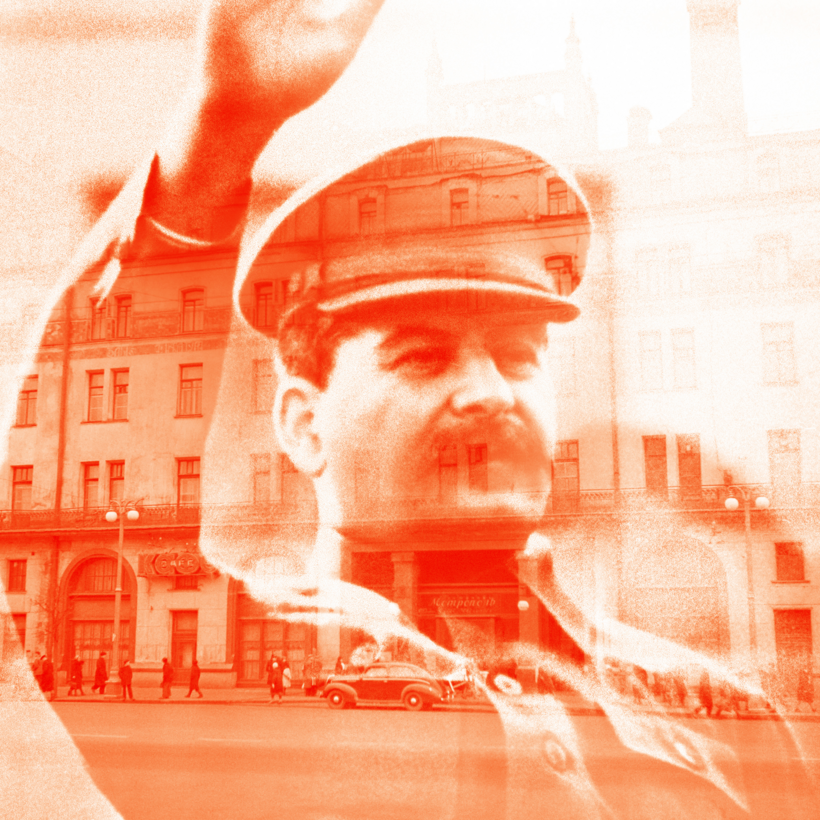The German invasion of the Soviet Union in June 1941 — the apparent pivot of the war — seemed like the opportunity of a lifetime for Western reporters. By hook or by crook some great talents persuaded editors to send them to Moscow, some eyeing future book contracts, others wedded to the idea that only Stalin’s new Russia could beat Fascism. Alan Philps draws on archives, interviews and largely forgotten memoirs to make a jaunty book out of the Anglo-American press at war. The Red Hotel, as one would suspect, is a sizzling read full of bitchiness and high jinks.
But it is also a deeply moral book, outlining a simple truth: that the press pack abroad often operates in a bubble and is deeply dependent on local translators and fixers. Philps, once an elegant Daily Telegraph reporter from Moscow, has an eye for detail (the black flakes of documents being burned before evacuation of the capital, the clicking of abacuses as panicked guests settle their hotel bills). And he has a heart for those left behind as the press caravan moved on. In Stalin’s Russia many of the left-behind women ended up with broken lives. Then, as now, the correspondent went home while the assistant was left to deal with the aftermath of an expulsion, the suspicion of having betrayed secrets to the enemy. Some ended their lives in the Gulag.

